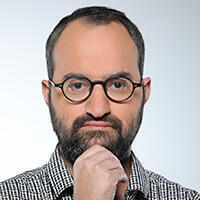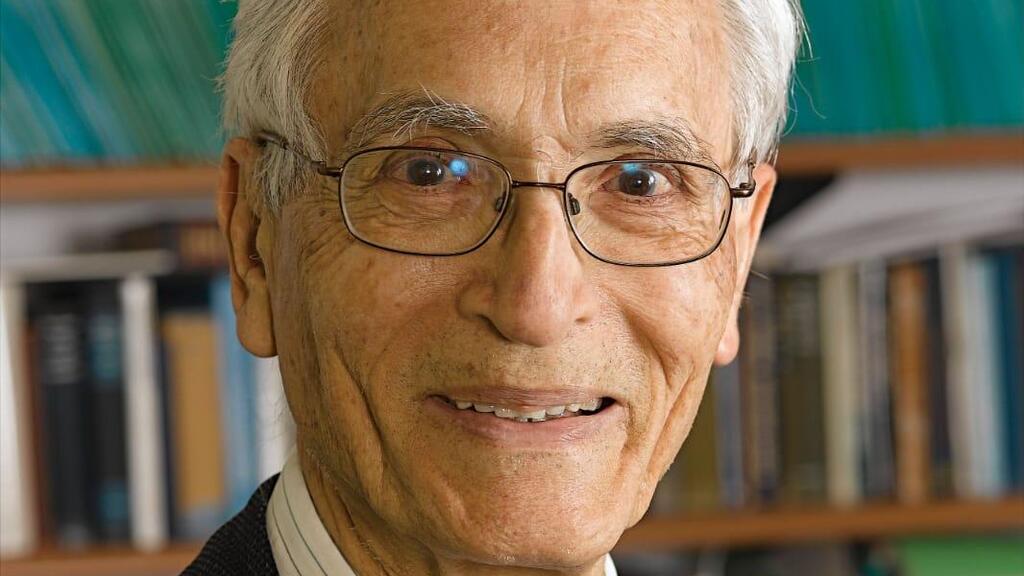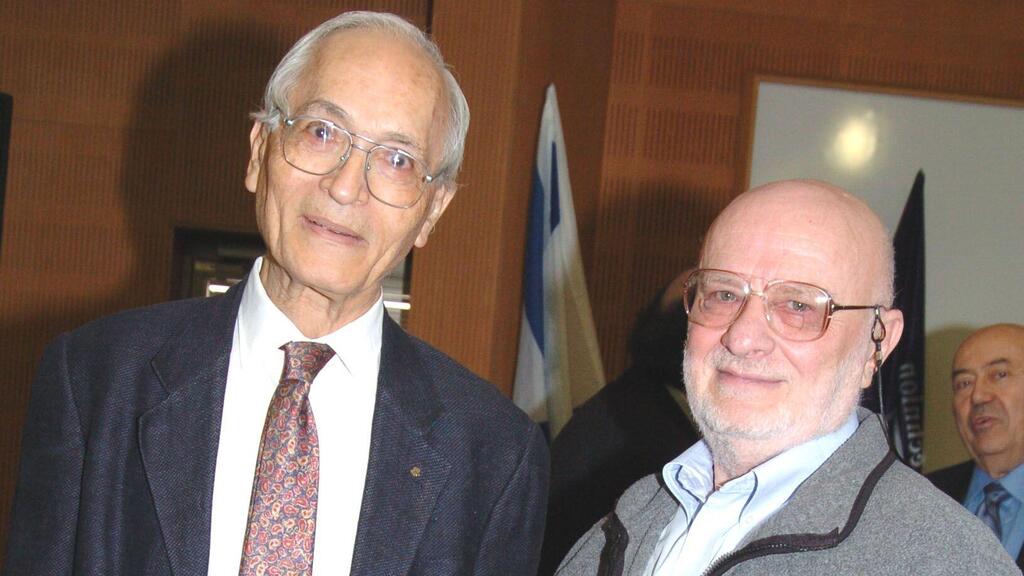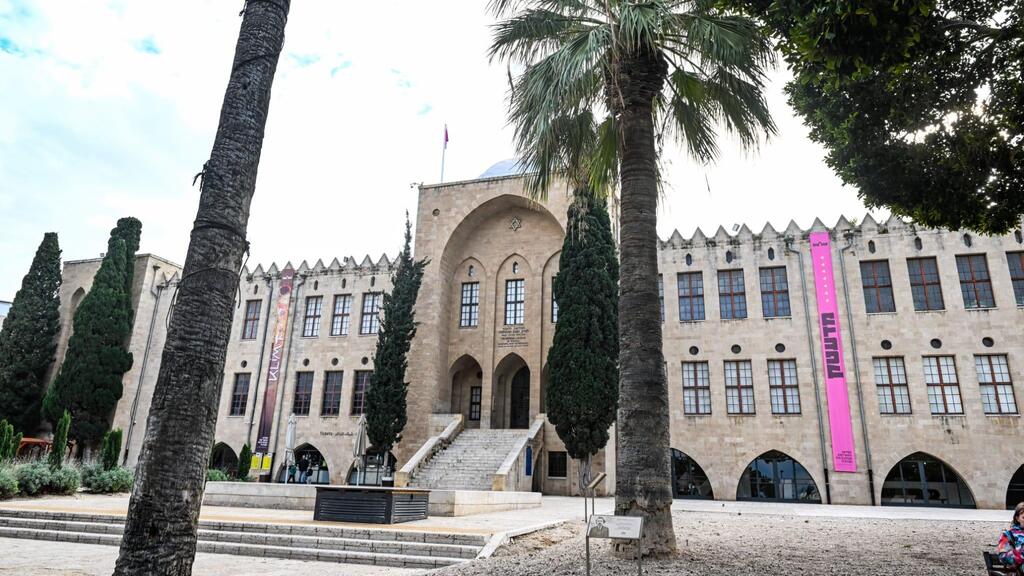Getting your Trinity Audio player ready...
Prof. Jacob Ziv, one of the prominent Israeli researchers in computer science and former president of the Israel Academy of Sciences and Humanities, passed away Sunday aged 91.
Prof. Ziv, together with Prof. Abraham Lempel, who passed away in February at the age of 86, developed the Lempel-Ziv (LZ) data compression algorithm, which paved the way for the development of formats such as ZIP, PDF, and MP3.
In 1977, Prof. Ziv and Prof. Lempel published the first version of the LZ algorithm, LZ77, and in 1979, they published the second version, LZ79. Both versions provide the basis for essential compression technologies, including TIFF, PNG, ZIP, and GIF, and have played a central role in developing formats such as PDF and MP3.
Based on these algorithms, many compression technologies have been developed, which are widely used today in memory cards, computers, and smartphones.
According to the Association for Computing Machinery (ACM), the most important institute in the fields of computing and computer science, "the impact of Professors Lempel and Ziv’s work is so immense that current research in the field is still vibrant as it was decades ago, and every year we see more theoretical and practical researchers working on the expansion and development of the elegant idea that the two presented.
“It’s not an exaggeration to say that the compression technologies that emerged from the research of Lempel and Ziv have accelerated mobile computing and multimedia applications and made them economically viable."
The algorithm for the Lempel-Ziv compression method has contributed to the world without cost. The pioneering technology enabled the transfer of information at high speeds without data loss.
In 2004, the International Association of Electrical and Electronics Engineers (IEEE) declared that the Lempel-Ziv algorithm is a "milestone in the fields of electronics and computer engineering" and that it "made a significant contribution to the transformation of the internet into an effective means of global communication."
In 2011, Prof. Ziv was awarded the 2021 IEEE Medal of Honor for his extensive work, his broad contribution to information theory and data compression, and his exceptional research pioneering. Prof. Ziv became the first Israeli to receive this international award.
Prof. Ziv was born in Tiberias in 1931 and when he was three years old, his family moved to Ra'anana. When the War of Independence broke out in 1948, Jacob was conscripted into the IDF at the age of 16.
After his military service, he studied electrical engineering and computer science at the Technion, where he earned his bachelor's and master's degrees. He then went on to earn his doctorate at MIT and after years of research and development at Rafael and Bell Labs in the United States, he joined the faculty of the Technion.
Over the years, Prof. Ziv held senior positions including Dean of faculty, Vice President for Academic Affairs at the Technion, Chairman of the Israel Academy of Sciences and Humanities, and was a member of the National Academy of Sciences in the U.S. and the American Academy of Arts and Sciences.
Prof. Ziv received many awards, including the Israel Security Prize (twice) and the Israel Prize in Exact Sciences in 1993.
"Prof. Ziv's scientific contributions have changed the way we store, process, and analyze information," said Technion President Prof. Uri Sivan.
"He was an inspiration to us all - a figure who exemplified scientific excellence and the potential it holds for driving technological revolutions that impact humanity. For me, Prof. Ziv was not only a role model and an inspiration but also a mentor who guided me throughout my academic journey at the Technion. May his memory be a blessing."
Prof. Edith Kimchi, Dean of the Faculty of Electrical and Computer Engineering, added that Prof. Ziv "left his mark not only on the way information is transmitted in computer networks and stored in files around the world but also on the faculty of Electrical and Computer Engineering through his scientific approach and personal conduct.”
He mentored and trained researchers who continued in his footsteps and led the faculty as its dean with academic excellence. Prof. Ziv was an inspiration to us all, and together we’ll continue his legacy. May his memory be a blessing."






